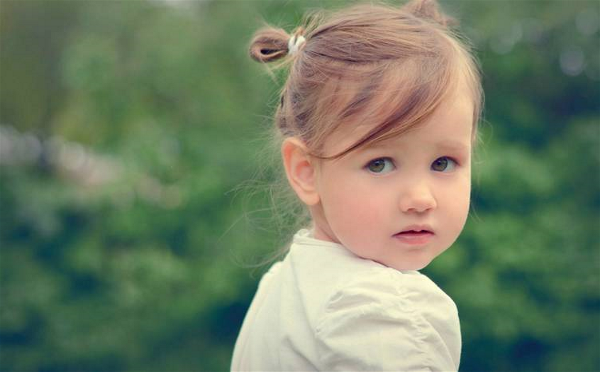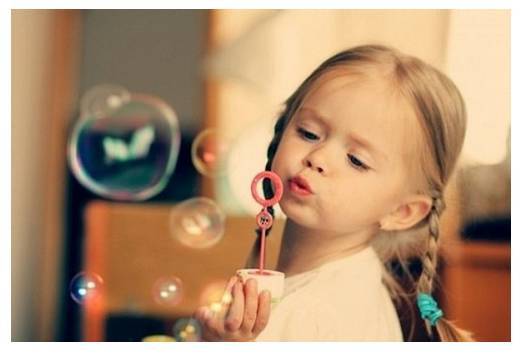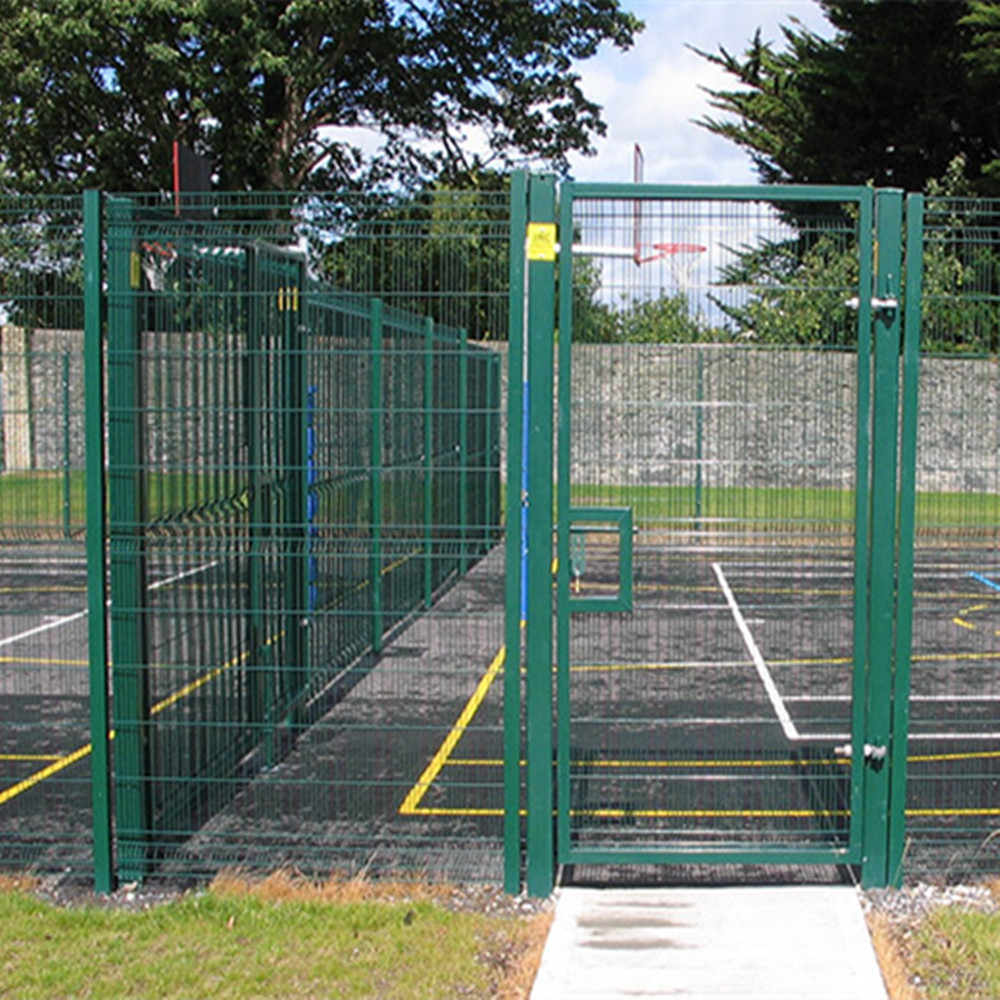According to Voice of China's "Global Chinese Broadcasting Network", a sentence "cannot let children lose at the starting line", so that countless parents are eager for early childhood education. As a result, early education institutions have sprung up everywhere, and some well-known brands of early education institutions weekend courses are full of staff. However, at present, the early education market has high fees, the level of teachers is uneven, and the definition of education supervision is unclear. How should China regulate the early education market to enlighten young children?

Different from applying for the kindergarten, the early education institution can go to the industrial and commercial department to handle the business license of the relevant business project. In an early education institution on the road of Agricultural Science in Zhengzhou City, the reporter consulted the staff in the capacity of reporting to the 6-month child. The course consultant recommended music lessons and English lessons, each class is 45 minutes, the price is about 150 yuan, "111 lessons 16388, 96 lessons 14888, music class we have more than 20 kinds of music style to stimulate children's language development. English class (Teachers) are all eight grades, all of which are returned to the United Kingdom and the United States."
However, through the online search for Zhengzhou early education institutions recruitment information, it is found that most of the teachers hired by early education institutions do not have academic qualifications, nor do they need to provide teacher qualification certificates. At present, China has not yet introduced the qualification standards for teachers in early education institutions, and parents can only rely on large-scale brand early education institutions. There is a blind spot in the education sector.
Education is no small matter
Early education for children between the ages of 0 and 3 requires professional care and formal education. The demand for early education has greatly increased, and people are eager to manage to be standardized. So how does the foreign early education market work? Is there a strict access system? What is the basis for parents to choose educational institutions?
How do foreign countries treat early education?
Let’s look at the United States The age division of the term "early education" in the United States is different from that in our country. The “early education†in the United States refers to the education of children between the ages of 0 and 8. “Early Education†includes day-care centers for children aged 0 to 4, kindergartens for children aged 3 to 4, and preschools for 5 years old. The latter two are equivalent to kindergarten education in China. The first day-care center is what China calls early education. So how is this day-care center managed in the United States?
Lin Jian, a multimedia reporter for Wall Street in New York, USA, said that the educational institutions involved in early education in the United States mainly include public preschool education schools of government funded projects, non-profit cooperative schools, community preschool education centers, and profitable private preschool education schools. Although there are many kinds of pre-school education in the United States, it is required to be approved by the local government education department authorized by the state or the state government. Whether to issue licenses mainly focuses on whether the teaching places and facilities are up to standard, and the quality of their education projects is certified by the relevant non-child education associations. The standards and requirements of high-quality professional educators developed by the American Association for Early Childhood Education provide a concrete and reliable theoretical and practical basis for the training of high-quality early childhood educators. The "Preparation Standards for Early Childhood Education" formulated by the Association is the standard for evaluation of pre-service training for pre-school teachers in the United States. The Association has also developed an Ethical Code of Conduct and Commitment Statement for the ethical issues facing the field of education to ensure the professional ethics of the faculty.

In Australia, the division of early childhood education is different. According to Australian Chinese Hu Fang, children from Australia can go to kindergarten from the beginning of 6 weeks. They are divided into two classes: nursing home and preschool education. The former is based on life care, while the latter increases a small number of study subjects. Whether it is kindergarten or preschool, the Australian government has strict requirements for teacher qualifications. Australian child care centres or kindergartens can start in the park for six weeks until six years of age. It can be said that formal early childhood education is all ages from birth to primary school. When the child is 3 years old, Australian parents can choose to keep the child in kindergarten or go to preschool. The difference is that the kindergarten can take care of it for a long time. From 7:00 in the morning to six in the evening. Point, the teacher is mainly nursing, let the children play their own nature, and explore and learn during the play. The pre-school classes strictly follow the start and end times of the primary school, only from 9 to 3 every day. The child will complete some simple learning tasks in it. Like knowing numbers, literacy, etc. At least the teachers who usually join the school must have the Australian Certificate of Early Childhood Education, and a kindergarten or pre-school class must have at least a bachelor's degree in preschool education, or a teacher above. For all early childhood education practitioners, the government also stipulates that there must be a work permit and first aid certificate for contact with children.
Finally, take a look at Russia. As part of the pre-school education system, Russia's early education market is very leading in both theoretical research and institutional setting. The municipal nursery, which is the main body, is completely free of charge. The price of commercial early education institutions supplemented by the market is generally low. Zhang Yuheng, who is pursuing a doctoral degree in Russia, said that the Russian education sector's regulation of children's education covers two months of babies. Russian nurseries are open to children from 2 months to 3 years old, with no more than 10 classes for childcare. Kindergartens are for children between the ages of 2 and 7 and there are no more than 15 small classes. The nursery-kindergarten consortium is an important part of preschool education institutions. According to the Russian Education Law, all school-age children should enjoy free pre-school education. Preschool institutions are roughly divided into three categories according to their management attributes. Public kindergartens are dominant in the kindergartens, and they are favored by the general public because of their low fees, perfect activities and facilities, and close to home. There are not many nurseries-kindergartens in institutions or enterprises and institutions, which has been decreasing in recent years. Private early education institutions are almost in a position to be dispensable in the entire education system. The cheapest price is around RMB 200 per month. In Moscow and St. Petersburg, there are also very few high-end early education brands. The prices are high, mainly providing one-on-one. Or on-site service.
Most of the Russian people have a rejection of early education. Compared with the price of Chinese early education institutions, the status quo of Russian commercial early education institutions is "the front and the cold." The increased educational level of Russian parents has made them aware of the importance of early parent-child contact for the healthy growth of their children. After the birth of a Russian child, the mother can continue to take 15 to 18 months depending on the actual situation. The Russian government is striving to help young families economically, and more and more mothers are more willing to personally assume the responsibility of early childhood care. It can be seen that Russian parents even choose to give up their free pre-school education, let alone commercialized early education institutions.
Source: Yangguang Network
Fence gate is an economical version of the panel system, constructed from a welded mesh panel with longitudinal profiles that forms a rigid fence.
The Fence Panel is welded with high quality low carbon steel wire, surface treated by electrostatic polyester powder spray coating over galvanized materials. Then connect the fence panel with post by suitable clips. Due to its simple structure, easy installation and nice appearance, more and more customers regard this product as the preferred common protective fence.

Fence Gate,Outdoor Fence Gate,Metal Fence Gate,Temporary Fence Gate
Hebei Giant Metal Technology Co., Ltd. , https://www.hebeigiantmetal.com